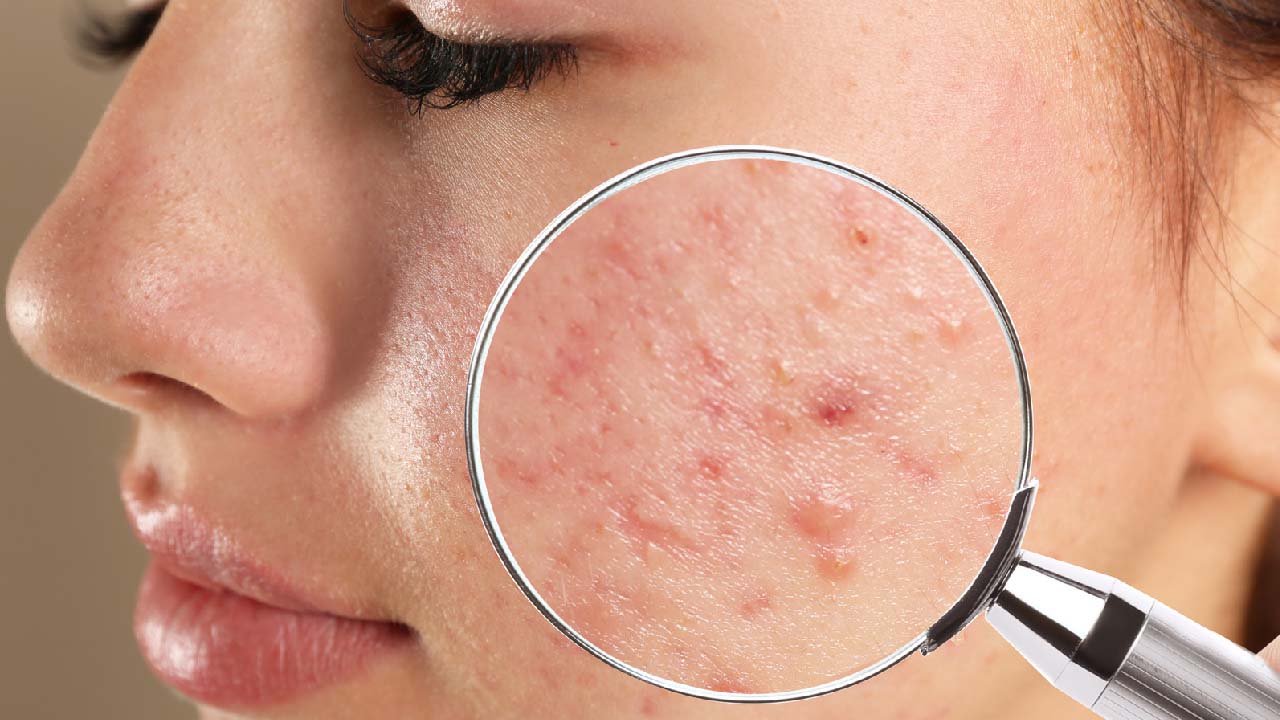Acne is the result of an unusual left behind pimple. When the acne breakout, the asking gets trauma and the tissue under it. Acne scarring develops as a complication of acne. The most common part of acne scars is the face, chest, and back.
80% of the people within the range of age 11-30 will have acne and some will develop a scar. Treatment will be needed to clear or reduce the scar either by medication or more strategies conducted by a dermatologist.
Sometimes acne results in scarring. The acne swells as a result of inflammation and causes a breakdown in the pore wall. To treat or reduce acne, the health professionals determine the type of acne that can cause a scar.
Types of Acne
- Papules Acne: This is a bump, pink or red, inflamed, and hurts when touched.
- Pustules Acne: These are pimples filled with pus. It is red at the lowest and has a white or yellow fluid at the top.
- Blackhead: It appears as a dark spot on your skin filled with extra oil and dead skin. You can remove it by squeezing it. However, this is not recommended as it causes scarring. Avoid using a pore strip as it can cause temporary destruction on top of your skin layer and worsen the acne.
- Nodules Acne: This is a solid lesion, more significant, and hurts more than papules and pustules.
- Cysts are painful, full of pulse, and can cause a scar and lie low within the skin.
Causes of Acne
Acne is a hormonal disorder that becomes functional during the teenage and young adult years. There is a combination of sensitivity from these hormones with bacteria on the skin and fatty acid within the oil gland to cause acne. Let's see some specific things that can cause acne.
- Bacteria
- Excessive oil production
- Inflammation
- Hair follicles clogged by dead skin cells
- Levels of hormones fluctuate before or during a menstrual period.
- Stress
- Genetics
- Some certain drugs
- Diet
- Use of oily or greasy personal care products.
Complications of Acne
- Scars: An acne scar can remain for an extended period after the acne has been treated.
- Skin changes: After the acne has been treated and cleared, the part of the skin affected may be darker or lighter before the condition happens.
Prevention of Acne
Before developing acne, prevention will be better to avoid acne scarring if not during hormonal change. There are a few things to do that can help:
- Washing of face daily with warm water
- Avoid touching your face with a dirty hand or keep your hands away.
- Remove makeup at night before bed.
- Exercise daily
- Eats a nutritional diet
- Stay out of the sun
Acne is not a disease or a tumor that can be prevented or treated when monitored. To avoid having acne or acne scars, take care of your face, monitor your health, and watch what you eat. Try to see a dermatologist if you have acne, and don't do self-treated medications. Follow instructions from your dermatologist and have acne free face.

 Acne is not a deadly disease but can be rectified through proper treatment so instead of worrying or over-stressing over it. It is highly recommended to take care of your face and visit a dermatologist soon.
Acne is not a deadly disease but can be rectified through proper treatment so instead of worrying or over-stressing over it. It is highly recommended to take care of your face and visit a dermatologist soon. 










.jpeg)



.jpg)




.jpg)





.jpeg)

.jpg)


